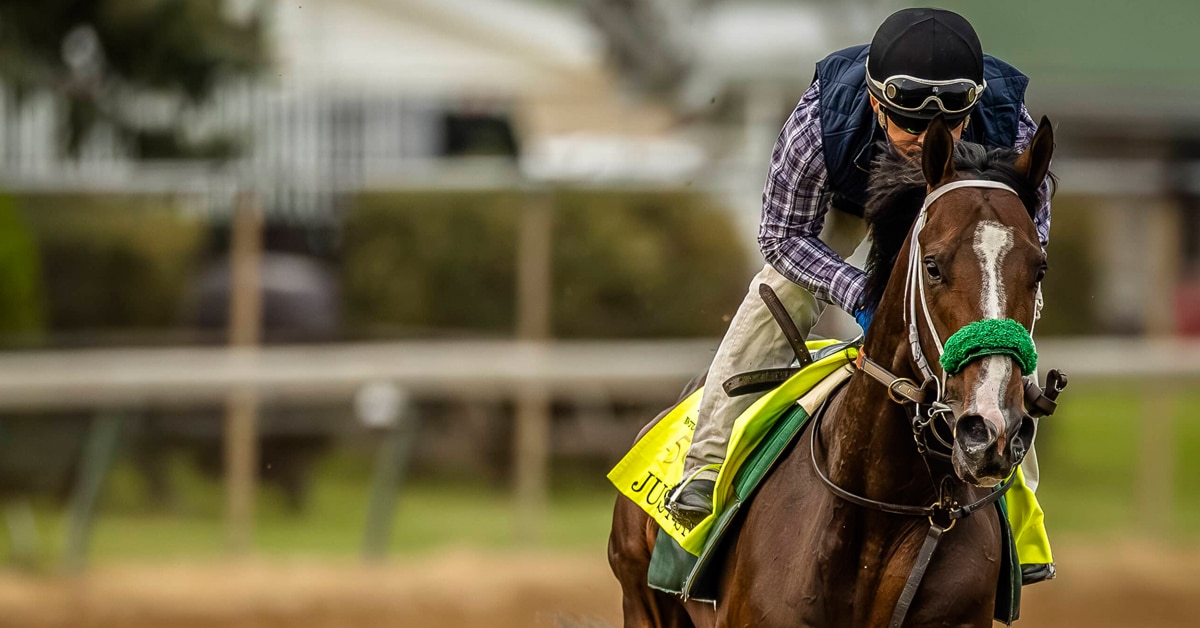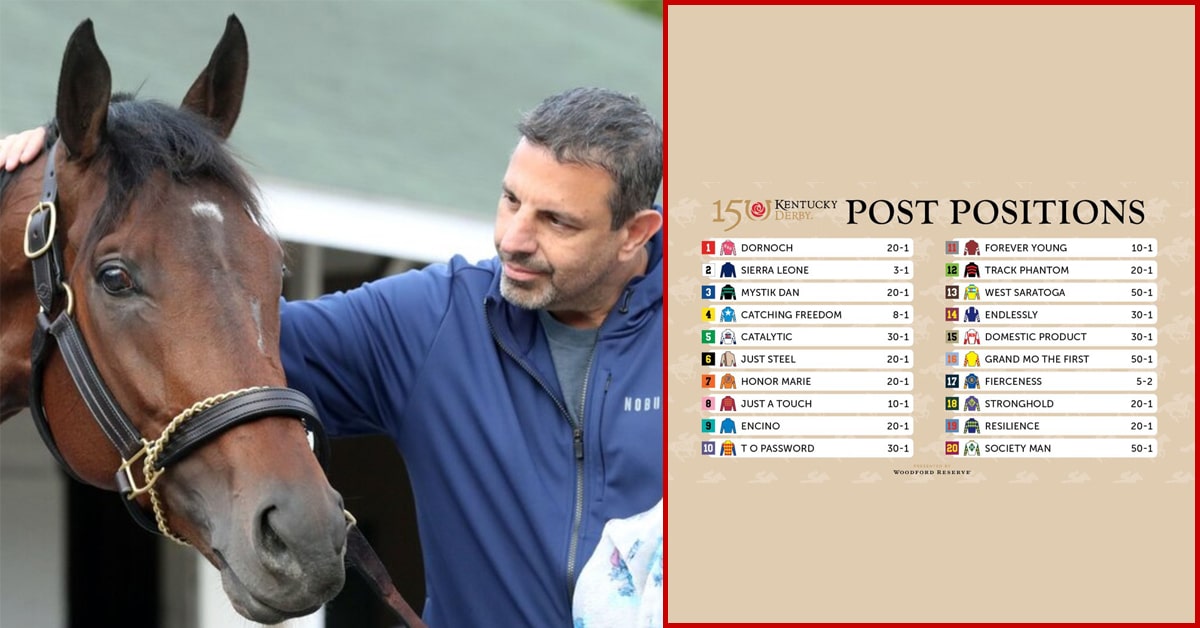ITHACA, N.Y. — Genetic researchers at Cornell University’s College of Veterinary Medicine have developed a DNA test to detect carrier status for hereditary equine regional dermal asthenia (HERDA) that will be of tremendous help to performance horse breeders.
HERDA is a devastating equine skin disease caused by a homozygous recessive mutation that weakens collagen fibers, compromising the adhesive ability of the skin. Horses with HERDA are typically euthanized due to severe problems associated with the skin trauma, including difficulty healing, skin tearing and disfiguring scars.
“We hope that the test will have a positive effect on everyone’s breeding programs. Our goal was to remove the uncertainty of breeding performance horses,†said Nena Winand, senior research associate in the department of Molecular Medicine.
Since March 2007, horse owners and breeders have been able to test their mares, stallions and foals at the Cornell Animal Health Diagnostic Laboratory where the HERDA genotype can be determined as “normal,†“carrier†or “affected.†The test can be done with hair or blood samples.
Based on the testing of approximately 1,200 performance horses registered with the American Quarter Horse Association (AQHA), the American Paint Horse Association (APHA) and the Appaloosa Horse Club (ApHC) since April, the Cornell research team was able to confirm carrier status in approximately170 horses, an equivalent of 14 to 15 percent carrier frequency.
By detecting the causative mutation in several popular breeds, the test has not only enabled veterinarians to manage the disease effectively, but has allowed informed and select breeding of horses to reduce or eliminate the birth of affected foals that result from matings between carrier parents. Although seldom found in racing or halter horses, the disease affects performance, pleasure and cross-bred horses whose bloodlines trace to the Poco Bueno in Quarter Horse, or his immediate ancestors.
Patents for the HERDA test are currently pending, while USDA import permits for testing horses from Europe and Canada are available. Permits for South American and Australian submissions are expected to be granted shortly, allowing breeders overseas to test their horses at the Cornell laboratory.
For more information, visit the Cornell Animal Health Diagnostic Center’s Web site at <http://www.diagcenter.vet.cornell.edu/news.asp>.
More from Canadian Thoroughbred:





